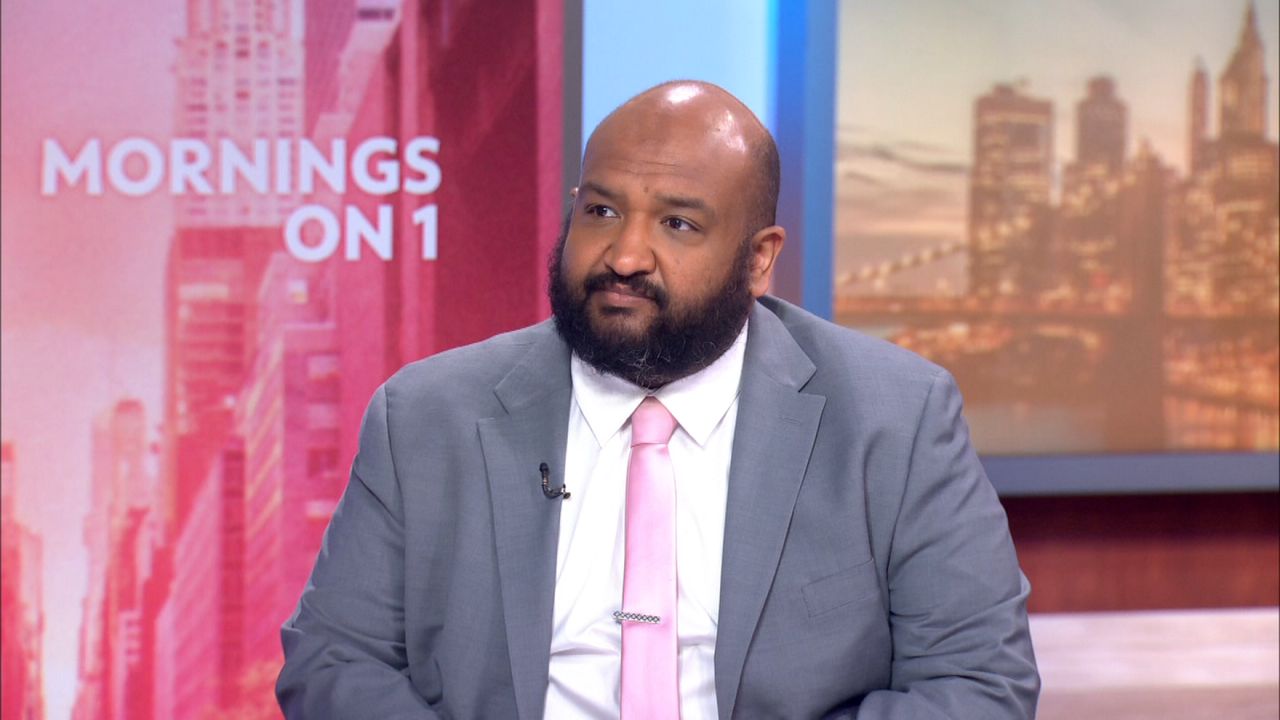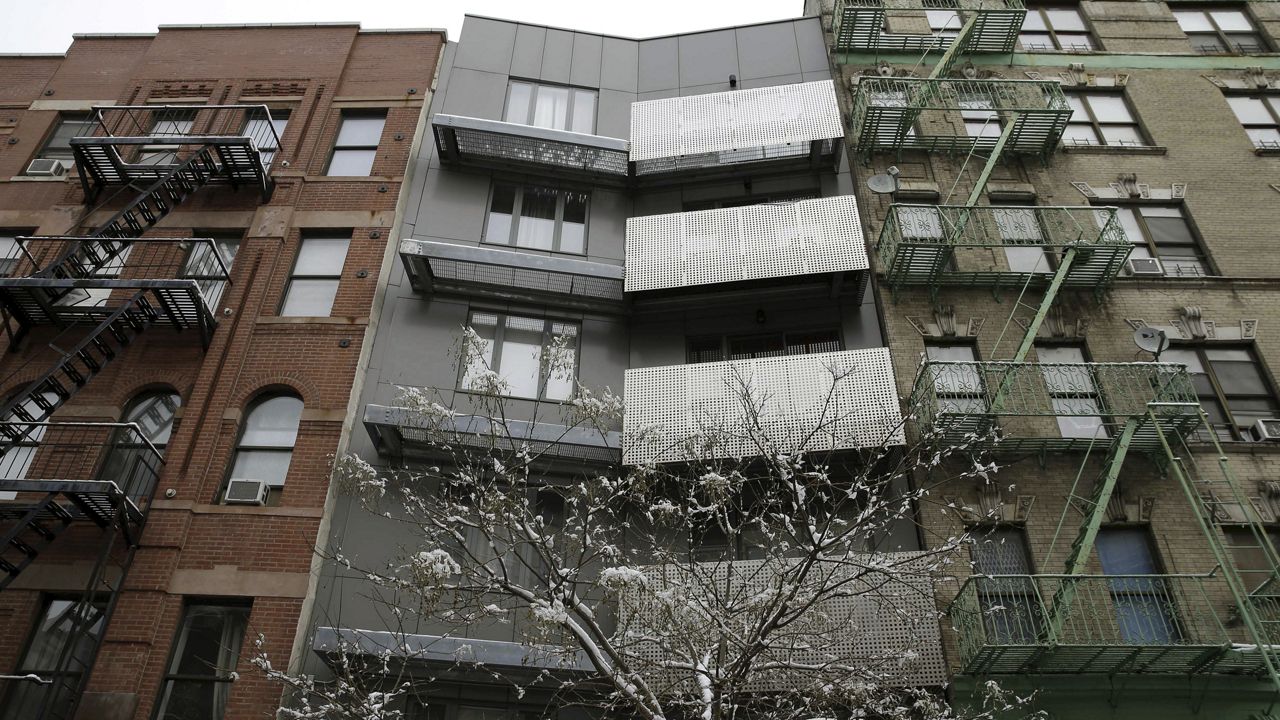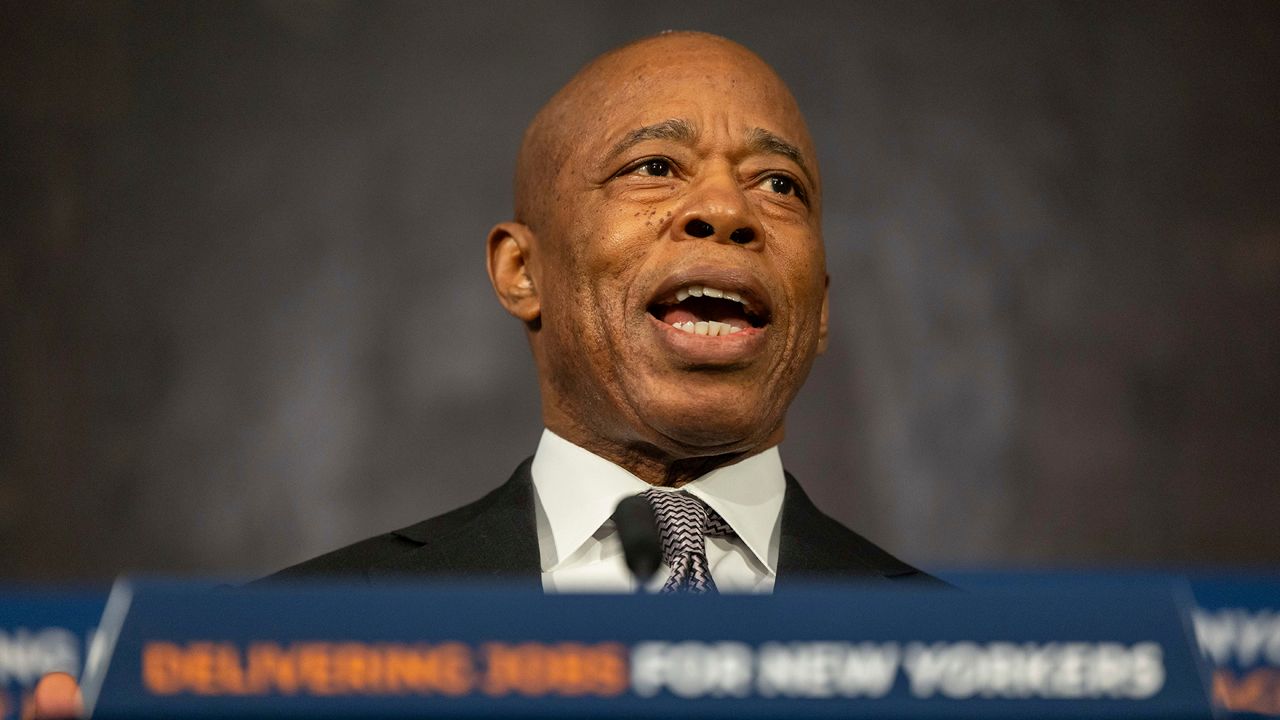The burden of brokers’ fees may soon shift from the renter to the landlord.
The City Council on Wednesday is expected to pass the Fairness in Apartment Rentals Act — or the FARE Act — which requires landlords pay brokers directly, unless the prospective tenant hires a broker independently.
“In order for our city to be strong, we need to have accessible, affordable housing that is equitable," said Rebecca Lerner, who lost her job shortly after moving into a one-bedroom apartment in Prospect Heights in September. She and her boyfriend had to spend $14,000 upon signing the lease — and $6,000 of that went to the broker.
“First month’s rent, security deposit and the broker fee, so that was just an insane amount of money to pay upfront just to move in," Lerner said.
Lerner is not alone. Brokerage firms estimate that roughly half of the city's apartments require a tenant-paid broker fee. Broker fees can vary, but the standard is 15% of the annual rent.
“Eliminating that upfront fee where half of that cost is a brokers’ fee is going to be a win for so many New Yorkers," said Brooklyn City Councilmember Chi Ossé, who sponsored the bill.
This would not be the first time brokers’ fees were regulated. In 2020, the state issued a mandate that landlords pay brokers’ fees, but the Real Estate Board of New York sued to overturn the mandate and a state court ruled in its favor.
Ossé said the new legislation aims to change city law and result in more affordability for tenants.
“I’m actually arguing that the passing of this bill would put a downward pressure on rents because it gives tenants more bargaining power. They’re not stuck within a lease, and they’ll have more mobility when looking for new homes," Ossé said.
But some real estate agents worry this will mean less business for them and believe the proposal is a reaction to what they call a few bad actors who overbill. The Real Estate Board of New York opposes the measure, claiming it would result in much higher rents for tenants.
"This is very much a short-term gain for long-term pain. If you stay somewhere three years, and your rent was $300 more to start because the broker's fee was baked in, then long-term, there's more pain," says Keyan Sanai, a rental agent and broker with Douglas Elliman.
But Ossé said tenants should not worry about a rent hike.
“Rents are set by market forces. They’re set by what tenants can pay; not what landlords can charge. And we saw that during the pandemic when rents fell as people lost their jobs and were living on unemployment," sais Ossé.
The FARE Act has 33 sponsors — seven more than the majority needed to pass in the 51-member Legislature.




_PKG_Broker_Fee_FARE_Act_CG_131589301_3803?wid=320&hei=180&$wide-bg$)




_PKG_Hudson_Yards_Zoning_Hearing_CG)

_PKG_LONG_ACS_NYCHA_PROBLEMS_CG)